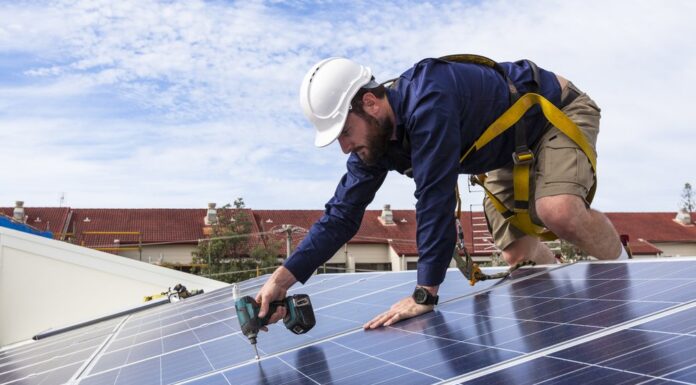Sustainable technology must be, well, sustainable. In order to be considered sustainable, it should not cause harm to the environment in two distinct ways. The first and the most obvious one is that it should be clean, from a pollution standpoint. In other words, it needs to be green technology. The amount of pollution and toxins the technology releases into the atmosphere should be negligible. The second way technology is considered to be sustainable will be its capability to use fuel or material that can be easily replaced. Most technologies used today do not meet one or both criteria. Examples of sustainable technologies are:
- Renewable Energy
- Organic agriculture
- Sustainable living habits
- Environmental or green technology
Even the most hardened skeptic of global pollution and its problems, do admit one thing. The present rate of consumption of most goods and services is not sustainable in the long run. Mankind’s heavy reliance on fossil fuels is chief among them. You would think in this type of scenario; it would be easy to get political and economic support for sustainable technology. Unfortunately, this is not the case. All it would take is a few people in the government with the political will to do something about it.
However, in some areas, there is progress being made, albeit at a slow pace. This is all right in the short run. In the long run, there needs to be more energy and enthusiasm behind it. The biggest development in sustainable energy, at least on a personal level, is renewable energy and sustainable living habits. Let’s take a closer look at what these are.
Renewable Energy
Renewable energy is perhaps the most talked about in the world of sustainability. It is the superstar of all thing’s environmentalism. This is understandable, since more than anything else, after food and water, it is unimaginable to think about living without electricity. In fact, modern life as we know it would be impossible. The good news is that it is possible for an individual home to generate or produce its own power supply in a sustainable way. This can be achieved through solar or wind power. With more and more governments giving subsidies, it is also economically viable.
Organic Agriculture
Non-sustainable methods of farming became so prominent that most people forget that organic farming is nothing new. In fact, it is thousands of years old. Organic farming is done by using only natural substances for food production. This includes both, fertilizers as well as pesticides. Other techniques include crop rotation and efficient use of water.
Sustainable Living Habits
Sustainable living is the art of reducing one’s carbon footprint and encompasses a wide variety of lifestyle choices. It could involve using a bicycle for transportation, wearing clothes made from organically grown cotton, to eating organic food.
Environmental Technology
Environmental technology is the study of and implementation of all sciences geared towards creating a better or cleaner planet. The number of technologies and studies that come under its umbrella is beyond the scope of this article. However, it includes, but not limited to air and water purification, renewable energy, sewage treatment, pollution remediation, and energy conservation.










